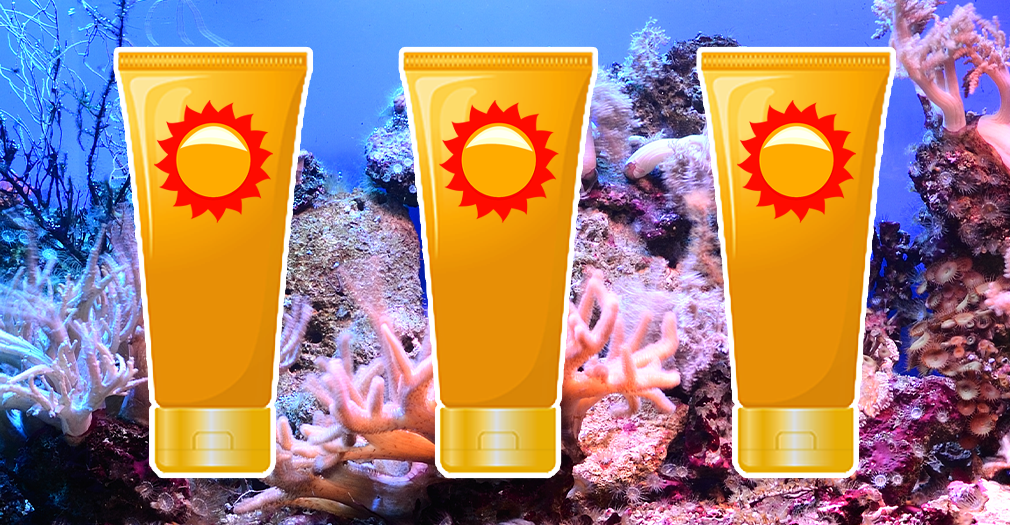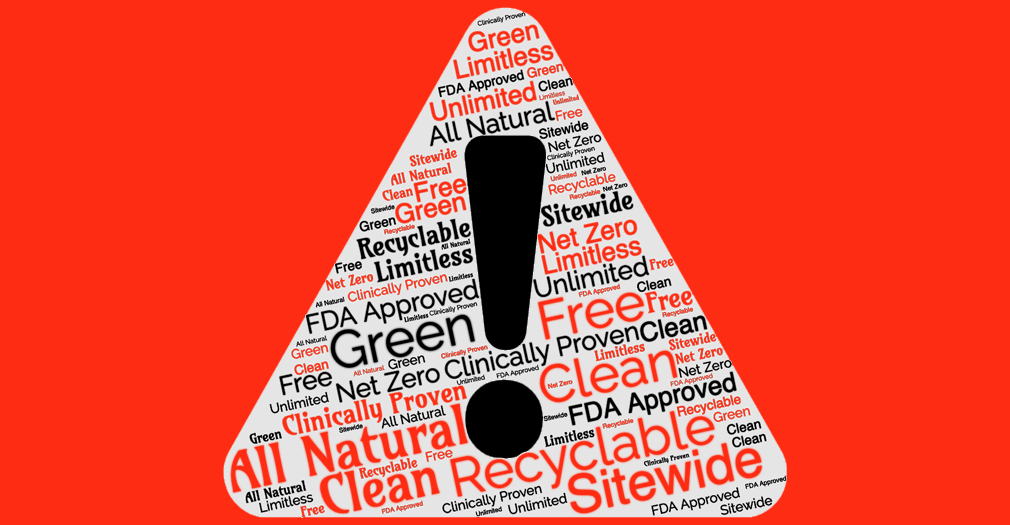
CATrends: Hypoallergenic Marketing Claims
A rash of lawsuits allege companies are misleading consumers.
Lawsuits allege not all collagen cosmetics are the real deal.
Sales of collagen products in the U.S. continue to grow, spurred by a number of different industries getting in on the wellness trend. The cosmetics industry, in particular, has played a large role in the expansion of the collagen market as more consumers seek beauty products containing the ingredient.
But according to a recent trend in class-action litigation, not all collagen cosmetics are the real deal.
Class-action lawsuits filed in August against four beauty brands accuse the companies of taking advantage of consumer demand for collagen products by marketing face masks, serums, creams and other skincare products as containing collagen when they actually contain a “fake imitation of collagen” made from plants.
“Collagen is an animal protein found primarily in the connective tissues of animals, including their skin, bones, and cartilage,” the lawsuits state. “Collagen is not found in plants.”
The brands named in the lawsuits are Osea, Azure, By Nature and Pixi. Some examples of the marketing and labeling claims at issue follow.
The lawsuit against By Nature alleges that the company offers other collagen products that actually contain “the genuine ingredient.” According to the complaints, it is more expensive for companies to manufacture actual collagen than it is to use a plant-based alternative.
The lawsuits were all filed by the same New York law firm, allege violations of state laws and are pending. They come two months after a New York court preliminarily approved a $9.2 million nationwide settlement resolving two class-action lawsuits filed by a different law firm alleging that Dr. Dennis Gross C + Collagen cosmetics do not contain any collagen.
The bottom line
As with any key ingredient, check the ingredients list on the back of the label to make sure you’re getting what you want and don’t rely solely on the marketing on the front. And if you are wanting to look younger, a word of warning about collagen: according to some dermatologists, while actual collagen may help moisturize the skin and improve skin texture, there’s no solid evidence it provides anti-aging benefits.
Find more of our coverage on cosmetics here.
A rash of lawsuits allege companies are misleading consumers.
Lawsuits allege products contain ingredients harmful to coral reefs and marine life.
These definitions are a joke.


